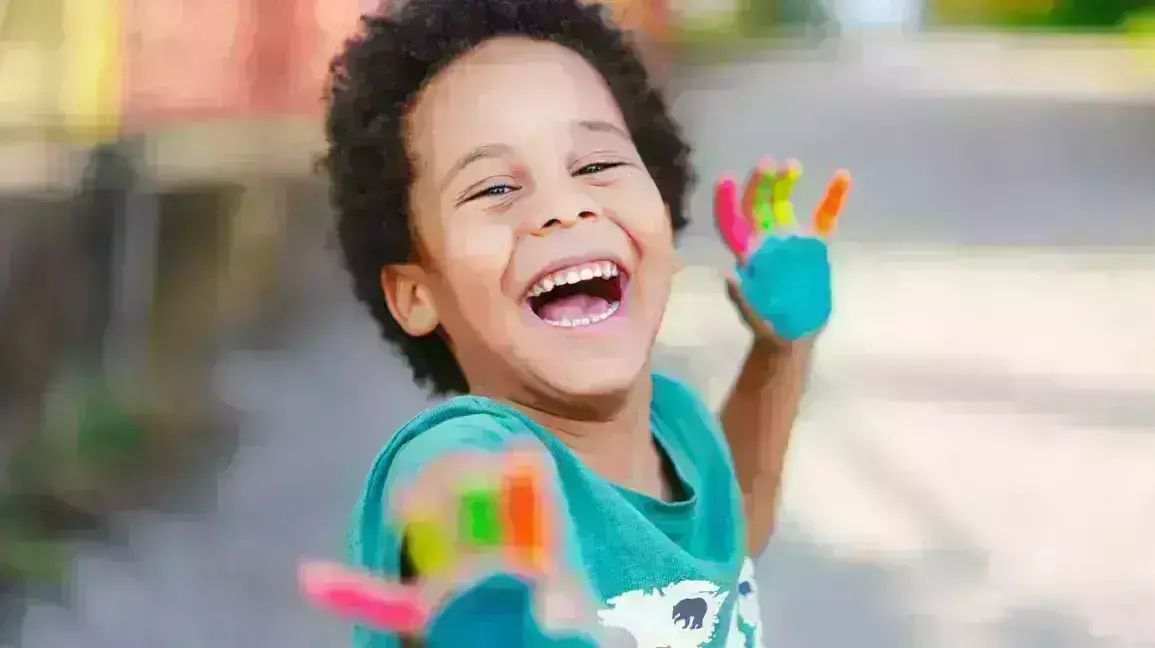- Home
- Medical news & Guidelines
- Anesthesiology
- Cardiology and CTVS
- Critical Care
- Dentistry
- Dermatology
- Diabetes and Endocrinology
- ENT
- Gastroenterology
- Medicine
- Nephrology
- Neurology
- Obstretics-Gynaecology
- Oncology
- Ophthalmology
- Orthopaedics
- Pediatrics-Neonatology
- Psychiatry
- Pulmonology
- Radiology
- Surgery
- Urology
- Laboratory Medicine
- Diet
- Nursing
- Paramedical
- Physiotherapy
- Health news
- Fact Check
- Bone Health Fact Check
- Brain Health Fact Check
- Cancer Related Fact Check
- Child Care Fact Check
- Dental and oral health fact check
- Diabetes and metabolic health fact check
- Diet and Nutrition Fact Check
- Eye and ENT Care Fact Check
- Fitness fact check
- Gut health fact check
- Heart health fact check
- Kidney health fact check
- Medical education fact check
- Men's health fact check
- Respiratory fact check
- Skin and hair care fact check
- Vaccine and Immunization fact check
- Women's health fact check
- AYUSH
- State News
- Andaman and Nicobar Islands
- Andhra Pradesh
- Arunachal Pradesh
- Assam
- Bihar
- Chandigarh
- Chattisgarh
- Dadra and Nagar Haveli
- Daman and Diu
- Delhi
- Goa
- Gujarat
- Haryana
- Himachal Pradesh
- Jammu & Kashmir
- Jharkhand
- Karnataka
- Kerala
- Ladakh
- Lakshadweep
- Madhya Pradesh
- Maharashtra
- Manipur
- Meghalaya
- Mizoram
- Nagaland
- Odisha
- Puducherry
- Punjab
- Rajasthan
- Sikkim
- Tamil Nadu
- Telangana
- Tripura
- Uttar Pradesh
- Uttrakhand
- West Bengal
- Medical Education
- Industry
Constipation treatment does not make enuretic children dry at night: study

Constipation treatment does not make enuretic children dry at nightaccording to a recent study published in the Journal of Pediatric Urology
Constipation, daytime incontinence and nocturnal enuresis often overlap. Treatment of constipation has been shown to be an important aspect of therapy for children with daytime incontinence. However, the value of fecal disimpaction, as a part of constipation therapy, in children with enuresis has not been evaluated.
The aim was to evaluate the antienuretic effect of fecal disimpaction in children with enuresis and concomitant constipation.
The bladder and bowel function was assessed noninvasively in children aged six to ten years who sought help for enuresis for the first time. If they were constipated according to the Rome IV criteria or had a rectal diameter exceeding 30 mm, as assessed by ultrasound, they were given standard evacuation with mini-enemas and macrogol therapy for at least two weeks. Enuresis frequency was documented 14 nights preceding and following therapy.
Results
- In total, 66 children (20 girls, 46 boys) were evaluated, 23 (35%) of whom were constipated.
- There were no differences in age, sex or baseline bladder function between the two groups.
- The enuresis frequency per two weeks was 9.8 ± 4.1 nights before and 9.3 ± 5.1 nights after constipation therapy (p = 0.43).
- This study found that fecal disimpaction in children with enuresis who are also constipated did not alleviate nocturnal enuresis. Bowel problems may still need to be addressed but the child should not be given the false hope that this approach alone will make them dry at night.
- It might be that evidenced based therapies, such as the enuresis alarm and desmopressin, could be less efficient in children with enuresis and constipation unless their bowel disturbance is first properly addressed.
Thus, fecal disimpaction in children with enuresis and concomitant constipation will, by itself, not make the children dry at night.
Reference:
Constipation treatment does not make enuretic children dry at night by Malin Borgström et al. published in the Journal of Pediatric Urology
https://www.sciencedirect.com/science/article/pii/S1477513122002066
Keywords:
Constipation, treatment, enuretic, children, dry, night, Journal of Pediatric Urology, Amadeus Bergsten, Malin Borgström
Dr. Shravani Dali has completed her BDS from Pravara institute of medical sciences, loni. Following which she extensively worked in the healthcare sector for 2+ years. She has been actively involved in writing blogs in field of health and wellness. Currently she is pursuing her Masters of public health-health administration from Tata institute of social sciences. She can be contacted at editorial@medicaldialogues.in.
Dr Kamal Kant Kohli-MBBS, DTCD- a chest specialist with more than 30 years of practice and a flair for writing clinical articles, Dr Kamal Kant Kohli joined Medical Dialogues as a Chief Editor of Medical News. Besides writing articles, as an editor, he proofreads and verifies all the medical content published on Medical Dialogues including those coming from journals, studies,medical conferences,guidelines etc. Email: drkohli@medicaldialogues.in. Contact no. 011-43720751


